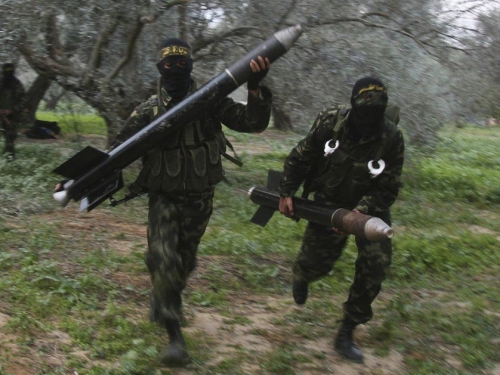
This article was originally published by Contending Modernities, a blog hosted by the University of Notre Dame, on 25 November, 2014. It is part of Contending Modernities’ “Deadly Violence and Conflict Transformation” series.
The rise of ISIL and the so-called Islamic State in 2014 has given prominence to discussions of religious violence in the media, with much emphasis placed on questions of the relationship between Islam and violence. In his speech to the nation on 10 September 2014, President Obama restated his longstanding view that no one who commits violent atrocities in the name of religion can be considered an authentic believer. Similarly, Pope Francis’ Apostolic Exhortation Evangelii Gaudium affirms that in the face of “disconcerting episodes of violent fundamentalism, our respect for true followers of Islam should lead us to avoid hateful generalizations, for authentic Islam and the proper reading of the Koran are opposed to every form of violence.” Others, however, have responded negatively to such statements, citing, violence in the Qur’an, religious leaders who have promoted violence, and contemporary and historical cases of religious violence linked to Islam.
